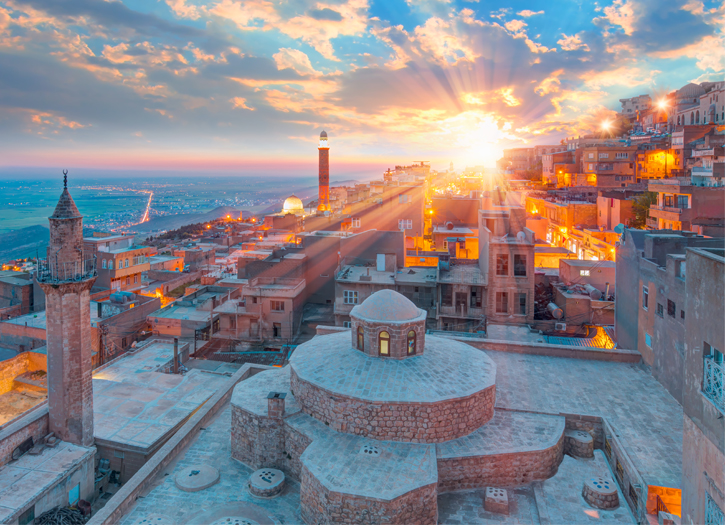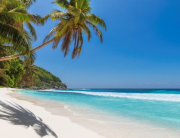The disease was confirmed to have reached Turkey on 11 March 2020, after a man who had returned to Turkey from Europe, tested positive. The first death due to COVID-19 in the country occurred on 15 March 2020 and by 1 April, it was confirmed that COVID-19 had spread all over Turkey. As of 22 October 2020, Turkey has 355,528 confirmed cases, 9,584 deaths.
On 26 March, President of the Council of Higher Education, Yekta Saraç, stated that there would be no in-person teaching at universities in the remainder of the spring semester, and that they would continue with remote education only. He added that the programs, courses and practical courses that could not be offered with distance education and digital education would be completed in the summer months. He announced that the Higher Education Institutions Exam was postponed to 25–26 July. In a message published by the Minister of National Education Twitter on 27 March, it announced that subjects that were set to be covered during the second semester were removed from the Higher Education Institutions Exam.
The Grand National Assembly of Turkey announced that no visitors would be accepted to parliament between 13–31 March.On 13 March, Turkey announced its decision to stop all flights to and from Germany, France, Spain, Norway, Denmark, Belgium, Sweden, Austria and the Netherlands starting from Saturday at 08.00 am until 17 April.On the same day, Minister of Justice Abdulhamit Gül announced that meetings in all open and closed prisons, the use of family meeting rooms and transfers between prisons were delayed for two weeks.On 14 March, following a meeting between President Recep Tayyip Erdoğan and Azerbaijani President Ilham Aliyev, the two countries temporarily stopped land and air transportation.
On 15 March, the Ministry of Culture and Tourism announced that between 16 and 30 March all libraries in Turkey would be closed.The Ministry of the Interior announced that pavilions, discotheques, bars and night clubs would be closed temporarily starting from 10:00 on 16 March.On 16 March, the Turkish Directorate of Religious Affairs announced a nationwide ban on prayer gatherings in mosques, including Friday prayers, due to the pandemic. Fahrettin Koca announced that Egypt, Ireland, Switzerland, Saudi Arabia, the UAE, and the UK were added to the list of countries for which the flight ban was imposed.On 19 March, the Directorate of Religious Affairs issued a circular to be sent to the provincial muftis, stating that mosques would be kept closed on Friday.The Youth and Sports Minister Mehmet Kasapoğlu announced that football, volleyball, basketball and handball leagues were postponed.
On 20 March, through a presidential statement, it was announced that all kinds of scientific, cultural, and artistic meetings or activities were postponed until the end of April.Free public transportation for people 65 years of age or older was temporarily suspended in Balıkesir, Konya and Malatya. The Ministry of Agriculture and Forestry banned barbecuing in gardens, parks and promenades. The Ministry of Transport and Infrastructure announced that as of 5:00 pm flights to 46 more countries had stopped, thereby cutting air transport with 68 countries in total. Additionally, free public transportation for people over 65 was temporarily suspended in Ankara, Antalya and İzmir.
On 23 March, it was decided that the Grand Bazaar in Istanbul would remain open between 10.00 am–4.00 pm, however, entry and exit would be controlled, and allowed only through two doors. On the same day, the Youth and Sports Minister Mehmet Kasapoğlu announced that the number of people coming from abroad and quarantined at home was 11,269. On 24 March, the Ministry of the Interior issued a statement, announcing that markets could serve customers between 9:00 am to 9:00 pm. In addition, it was announced that public transportation vehicles that work in and across the cities could fill up only 50% of their capacity with people at a time.
On 3 April 2020, President Erdoğan announced a 15-day entry ban to the 30 provinces with metropolitan status as well as Zonguldak. Also, the curfew was extended to people younger than 20 years old. Using masks in public places became mandatory.







Add Comment
You must be logged in to post a comment.